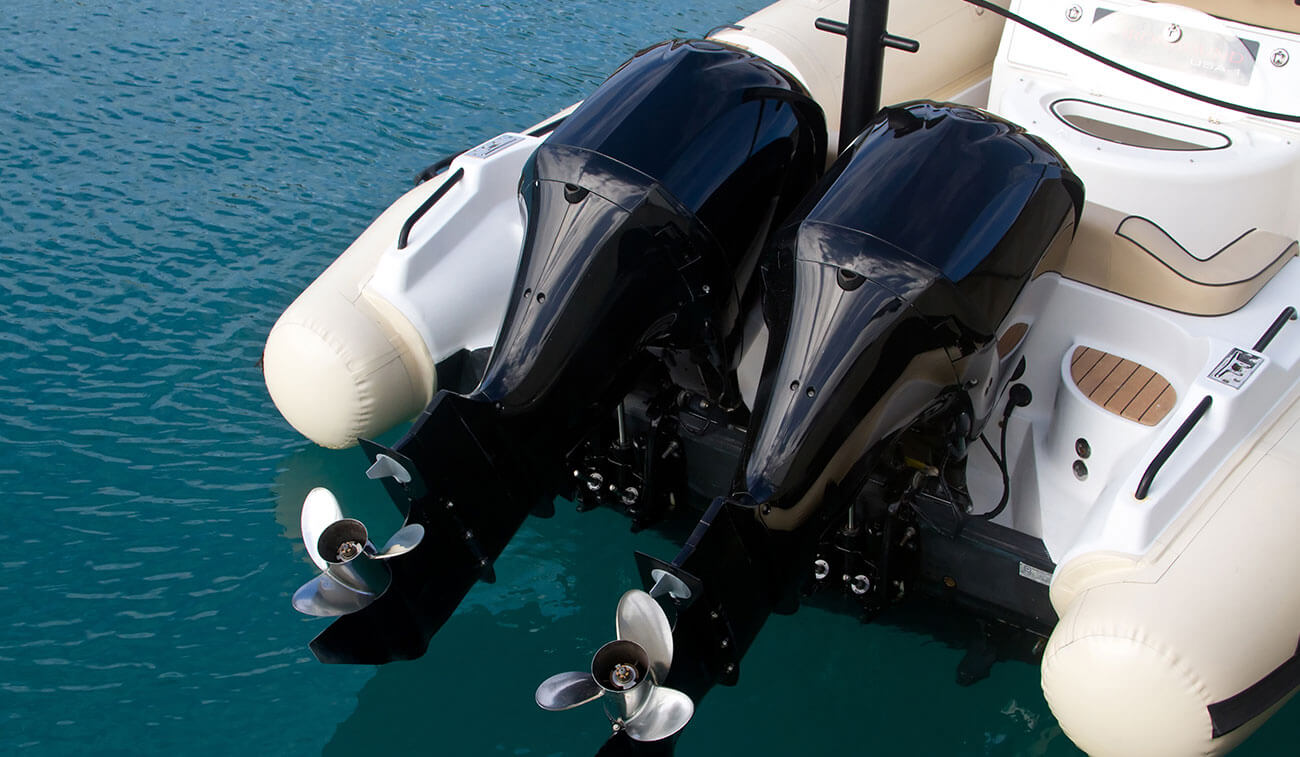
Unleashing the Power of Transactional Maintenance Data in the Maritime Industry
In today’s digital era, transactional maintenance data holds tremendous potential for driving advancements in the maritime industry. However, the industry faces significant challenges due to functional silos and the lack of a common data standard. In this blog post, we will explore how transactional maintenance data can revolutionise the maritime sector, while addressing the issues of data silos and the need for collaboration. We will also discuss the importance of protecting original equipment manufacturer (OEM) data, fostering knowledge sharing, and establishing a common data standard.
"Without data, you're just another person with an opinion.”
Without insight into data, people make decisions based on instinct, speculation, or prevalent theory. People are at risk of acting on biases or false assumptions.


Enhancing Performance and Reliability:
Similar to the aviation sector, the maritime industry can leverage transactional maintenance data to optimise performance and reliability. By analysing data collected from routine maintenance activities, manufacturers and engineers can identify areas for improvement, streamline operations, and fine-tune designs. This data-driven approach allows for targeted modifications that can boost vessel performance, reduce fuel consumption, and extend the lifespan of critical components.
Driving Safety Improvements:
Safety is a top priority in both aviation and maritime industries. Transactional maintenance data offers a wealth of information that can be used to enhance safety measures and prevent potential accidents. By analysing maintenance records and detecting patterns, manufacturers and operators can identify early warning signs of component degradation or failure, enabling proactive maintenance interventions. This proactive approach to safety significantly reduces the risk of equipment malfunctions, enhances crew and passenger safety, and minimises the potential for costly incidents.
The Problem
The Problem of Functional Silos and Data Fragmentation:
The maritime industry, like many others, often experiences functional silos where data is stored and managed independently within different organisations. This fragmentation makes it difficult to extract meaningful insights from transactional maintenance data. Vessel owners, operators, and service providers may struggle to access comprehensive data on parts, systems, and performance due to these silos. This limitation inhibits the industry’s ability to fully capitalise on the potential of transactional maintenance data.
The Need for a Common Data Standard:
One of the key challenges in utilising transactional maintenance data effectively is the lack of a common data standard across the maritime industry. With different stakeholders employing various data collection and storage methods, data interoperability becomes a significant hurdle. Establishing a common data standard would enable seamless data sharing, analysis, and collaboration, enhancing the industry’s collective ability to drive improvements in quality, performance, and safety.
Protecting OEM Data for Collaboration and Knowledge Sharing:
While collaboration and knowledge sharing are vital for industry advancement, it is essential to address concerns about protecting OEM data. OEMs possess valuable insights into their equipment and systems, which can contribute to industry-wide improvements. However, OEMs may be hesitant to share proprietary data due to competition concerns. To encourage collaboration, safeguards should be in place to ensure that OEM data remains protected and accessible only to authorised parties. Implementing non-disclosure agreements (NDAs) and secure data sharing platforms can help strike a balance between knowledge sharing and protecting OEM interests.
Overcoming Data Silos through Collaboration:
Breaking down data silos and promoting collaboration within the maritime industry is crucial for harnessing the full potential of transactional maintenance data. Initiatives such as industry-wide platforms, partnerships, and forums can facilitate the sharing of data, best practices, and lessons learned. By fostering an environment of collaboration, stakeholders can collectively address common challenges, drive innovation, and propel the industry forward.
The Benefits of a Common Data Standard:
Implementing a common data standard in the maritime industry would unlock numerous benefits. Standardisation would enable seamless data exchange between stakeholders, improving communication and collaboration. It would also facilitate bench-marking, data analysis, and predictive maintenance models across the industry. A common data standard would streamline operations, reduce redundancies, and drive efficiency, leading to cost savings and enhanced safety.
In summary, transactional maintenance data holds immense potential for transforming the maritime industry, but its effective utilisation requires addressing challenges such as functional silos and the lack of a common data standard. By breaking down data barriers, fostering collaboration, and protecting OEM data, the industry can unlock the power of transactional maintenance data. This data-driven approach will drive quality improvements, performance enhancements, and safety advancements, positioning the maritime sector for a more efficient, interconnected, and sustainable future.





Leave a Reply